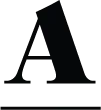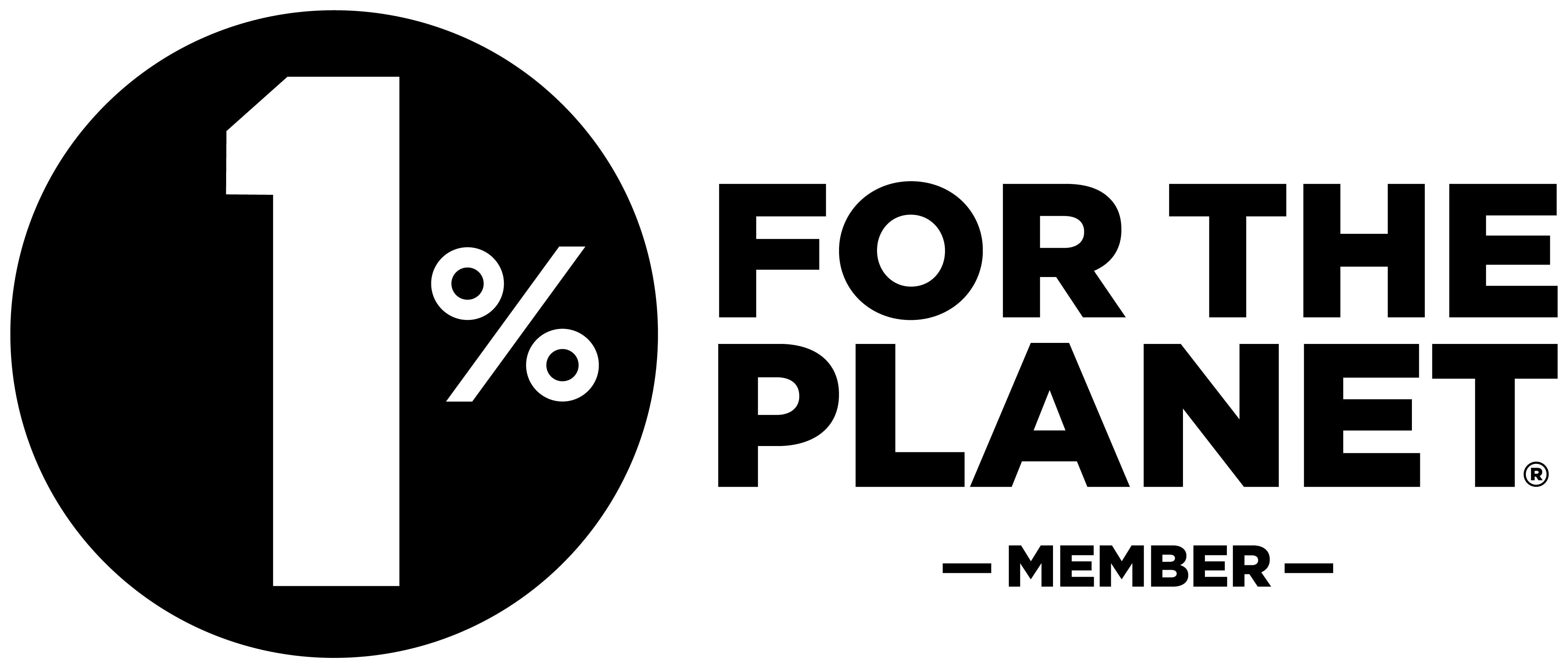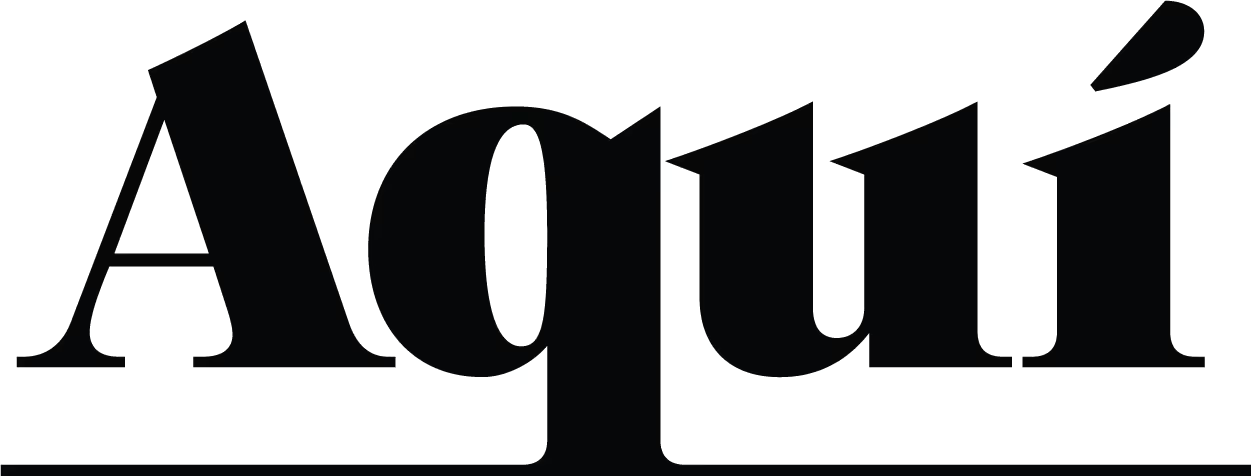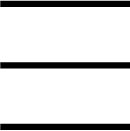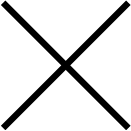Bud Communications (with Oliver Budgen)
In our line of work, our clients are the people who intrigue us the most. Get To Know is a series by Aquí where we take you behind-the-scenes to find out who they are and what they do.
In 2019, Aquí had the pleasure of developing the brand identity and the website of Bud Communications, an international PR agency focused on tech (and also our neighbouring company back then!) “PR that makes tech, tick,” that’s the tagline that comes up whenever we think of Bud. In this Get To Know, we speak to Oliver Budgen, Founder and Managing Director, about the brand that he has created and how his team is changing the way tech speaks.
Aquí: Hi Oli! Could you introduce yourself?
Oli: I'm Oliver and I run the technology consultancy, Bud Communications. I moved here from the UK in 2015, and have been living in Singapore for almost six years. Having worked in a couple of PR agencies, I decided to take a punt at setting up my own after discovering the opportunity to build an agency that works specifically with challenger tech companies.
Aquí: Tell us more about Bud Communications!
Oli: We are specialists who work with challenger technology brands, helping them to disrupt, break, or enter markets. Tech brands, to us, means that they have to be tech-driven in their approach, because that informs a very distinct kind of company in terms of the culture, product and appetite for innovation. A challenger could mean a company that's trying to break into an existing market and that could be a FinTech company that's trying to transform the way financial services occur or the relationship that consumers have with finances or capital. It could also mean a company that's trying to start from scratch, which could be a Gaming and eSports company looking to build a market. So if you fit into those two groups then we'd like to work with you.

In two years of being around, we've been lucky enough to grow to a team of 15 people, working with clients across Southeast Asia and Asia Pacific. This year, we were recognised as APAC’s Small Consultancy/Boutique Agency of the Year by PRCA, PR Week, and Marketing Interactive.
Aquí: That's great news! Congratulations on the accolades! What made you want to enter the tech space?
Oli: I think the truism of "follow your passion" is a pretty good piece of advice. I've always been very fascinated by technology and its role in transforming the way that we work and live. At the same time, I saw that a lot of growth and development was happening in that space, right here in Southeast Asia. I also spotted a real disconnect between innovative fast-moving tech companies and the kind of communications they were putting out. It felt like what they really needed was a creative communications partner of the same kind - fast-paced, agile and dynamic. And that's when I thought "why don't we create one ourselves?"
“I also spotted a real disconnect between innovative fast-moving tech companies and the kind of communications they were putting out. It felt like what they really needed was a creative communications partner of the same kind - fast-paced, agile and dynamic.”
Aquí: How is it like working in the tech space?
Oli: Well, technology moves at a pace that is faster than almost any other sector, and so do we. You can witness it in the rate of change and innovation that is happening in this space. Just earlier this year, the NFTs came around the corner and very quickly, our team got around to what they are and the impact that they are going to have in the next few years. I really love how dynamic this space is in that sense. Week in week out, something will fall into your lap that renders you a complete noob and you have to figure it all out. And what I mean by that is analysing the significance of the new technology - whether it's going to be a flash in the pan trend that just comes and goes in a matter of months or have a real seismic impact.

“I really love how dynamic this space is in that sense. Week in week out, something will fall into your lap that renders you a complete noob and you have to figure it all out.”
It's also challenging, especially when it comes to B2B. We work with a lot of B2B companies and we feel that they have a reputation of being dull and boring. When people think about B2B businesses, they think of white papers and zoom webinars. People think that because they are in the B2B environment that they've got to do things less creatively as compared to a B2C brand. Well, we don't agree with that. What we try to do is encourage our B2B clients to be more bold and innovative when it comes to communicating and connecting with the world. A cybersecurity client of ours had a full feature in the Esquire magazine, looking like the rockstars of cybersecurity, and that's one of the examples of finding fun ways to bring B2B technology into the consumer world. With a B2C client, it's always easier to create something fun and cool, whereas it's always a bit of an uphill struggle when it comes to B2B. It just doesn't sit well with us and we hope to change people's minds about it. Something that we're very passionate about is daring to be different.

Aquí: What are some projects that you've worked on that left a deep impression?
Oli: There was a gaming and eSports company that we worked with that had a very big, ballsy and ambitious brief that said: when people think gaming, we want them to think of us. What we did for this project was create a gaming playbook, which was in the form of a beautiful print magazine. You might wonder why we did that at a time where people are moving online and online consumption is increasing. Well, we wanted to encourage our client to go back to the roots of being tactile, having something you can hold in your hand or keep on your desk that serves as a real manifesto or blueprint for what the gaming landscape is like in Southeast Asia. We held a series of interviews with various experts and leaders in the space, all to create this magnificent print magazine that gave people an insight into where gaming is going in this region. That's one project that we're really proud of because we got to create something really fabulous and tactile, which was of high value especially when you get to hold on to it instead of viewing it through a PDF. This was all done in 11 days; sometimes the greatest things are created under pressure.

The other project would be one that we worked on with a cybersecurity company. They are a well-established global cybersecurity firm with a huge presence in North America and Europe and were entering the Asian market in 2019, pre-pandemic, starting from scratch. Their strategy involved a lot of networking and they had many events and programmes in the pipeline, but then the pandemic hit and suddenly there was no real way of being able to connect with customers. Our job was to help recreate the offline experience online. So we took that brief and figured out ways to make the discussion around cybersecurity more human and relatable. We organised online boot camps, bespoke cheese and wine sessions, and cocktail masterclass events; a first for everyone. It was a unique experience as customers got to understand more about cybersecurity through a virtual cocktail tasting in the comfort of their own homes led by a professional mixologist. The client loved it, and so did we. Now it's kind of become a monthly event. It was a challenge to find authentic ways to connect people virtually, but we did it nonetheless.
Aquí: Recreating an offline experience online is really tougher than it looks. But it also makes us rethink the way we interact with one another, so kudos to you and your team for pulling that off! With that being said, we’d like to know what the culture is like at Bud Communications. Could you tell us a little bit more?
Oli: In terms of the team, everyone's pretty bizarre in their own ways. At Bud, we celebrate being weird, which is why I love to hire people that have crazy hobbies and interests. I think it's really cool when people have their own thing going on outside of work, even though they might not be related to the job at hand. Having that kind of exposure to creative thinking is what inspires and shapes people to do things differently. It's also important to build a culture of creativity, which is crucial in our line of work.

I believe in encouraging the team to be curious and ask questions. Some people think that being inquisitive suggests that one is weak, but I personally don't think so. I think it's super important to be asking questions, especially in the tech space because there are always new things coming around and we don't have all the right answers. We have to keep questioning in order to understand what we're working with, gain new insights, and be able to start conversations. There's so much to learn and I can't stress that enough.
At Bud, we want to create an environment where everyone can really excel. To define that a little bit more, we want to provide flexibility and empower everyone to work in a way that is most productive for themselves, and I think the pandemic has really reinforced the importance of that. To allow for that kind of culture, we found that we have to be really clear in articulating the vision, the standards, and what we're looking for. We make sure that everyone has a clear idea of what we're building and are striving towards it.
“At Bud, we want to create an environment where everyone can really excel. To define that a little bit more, we want to provide flexibility and empower everyone to work in a way that is most productive for themselves, and I think the pandemic has really reinforced the importance of that. “
Commitment to excellence is a given as we want to make sure that we are constantly producing awesome work. In terms of leadership, everyone's a captain of the ship at Bud. We're a small business and we need everyone to be in charge and invested in growth, and taking ownership is a big part of it.
Aquí: There are many misconceptions about public relations. As a professional in the field, could you tell us what public relations means to you and why it is important?
Oli: I think defining public relations is a difficult one because it has a very loaded interpretation based on how it used to be conducted in the past, before the digital era. When people think of public relations they probably think of getting a client written about on the front page of the newspapers. Don't get me wrong, traditional media is still relevant, but that's just one out of the many touchpoints that PR looks at today.

A consumer's brand perception is built based on the exposure to multiple touchpoints, of which media is one of them. Word-of-mouth - what their friends or people on social media are saying - is also one of them. All of these touchpoints funnel into shaping the reputation of the brand, and I guess that's essentially what public relations is about - the cultivation and protection of a brand's reputation. And if I may add, I think reputation is possibly one of the most valuable yet least understood assets that a company has. It's hard to measure; you only feel the impact once it's lost and it can be devastating and very difficult (if not impossible) to recover. We're in the reputation game, and even more important than that, the relationship game - the relationship that our brands have with its consumer. What we do is help to protect, nurture and improve it.
“... I think reputation is possibly one of the most valuable yet least understood assets that a company has. It's hard to measure; you only feel the impact once it's lost and it can be devastating and very difficult (if not impossible) to recover.”
Aquí: That's a good one. Reputation and relationship are definitely two things that are easy to overlook. In our last question, we’d like to touch on design. What is design to you? Do you use design in your day-to-day life?
Oli: For me, design is about simplicity and distillation. Just like everyone else, I'm a big fan of Steve Jobs and often think about how simplicity was a principle that fueled a design revolution at Apple. Whether it's a strategy or solution, it's about communicating the core purpose and essence of it, and making it understandable for everyone so that it becomes almost like a meme, a shared language.

Creating beautiful strategies and thinking of smart ideas is part of what we do at Bud. What I've realised is that if it's not delivered in a way that seems clear and coherent, then it will be immediately dismissed. It's similar to cooking: I love cooking, and could easily spend a weekend in the kitchen trying to whip up something crazy delicious, focusing on the taste. What some people don't realise is the importance of plating in this whole process. Humans are visual creatures, and presentation is key in getting someone's attention. It's the same in our line of work and it's something I feel very passionate about - making sure that we don't overlook the design in the work that we produce.
And well... we engage a very good company called Aquí to help us with this *laughs*.
Find out more about Bud Communications on their awesome website (that we designed!)
You may also like



